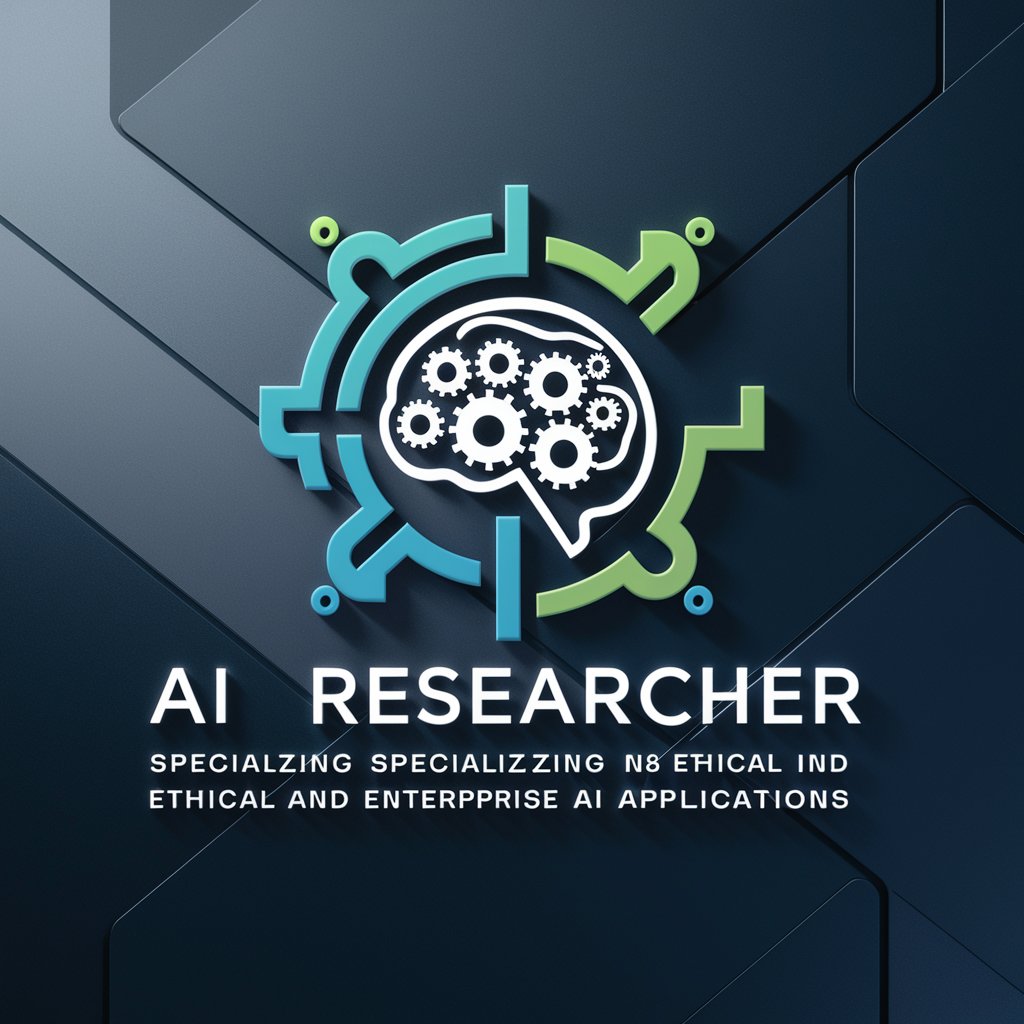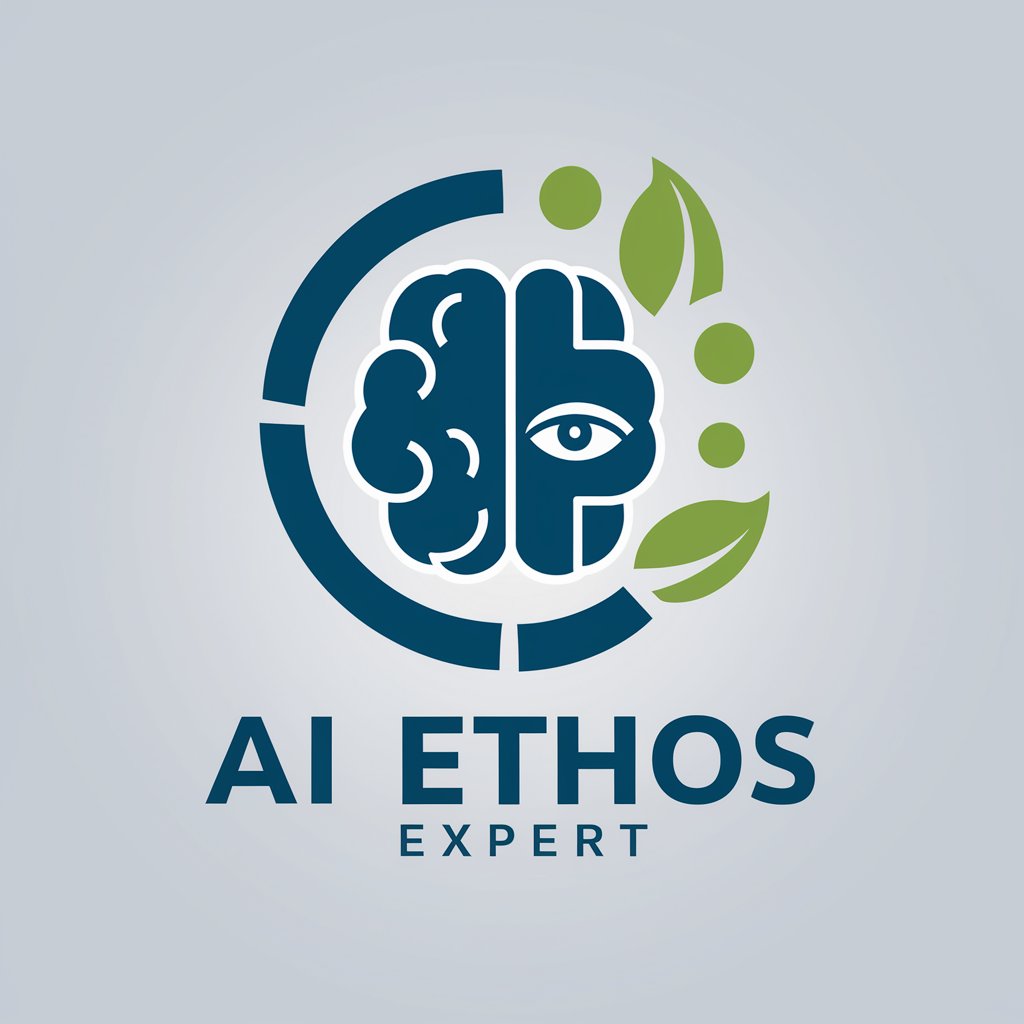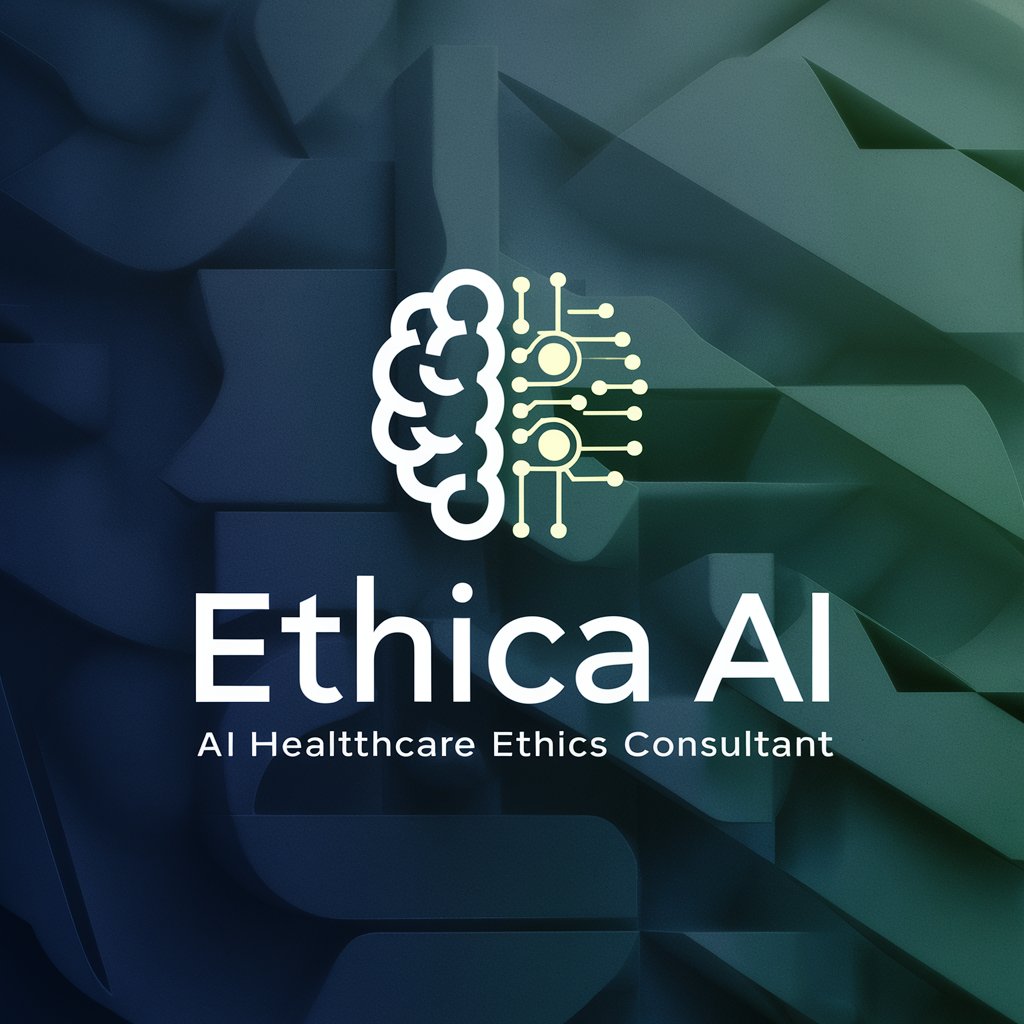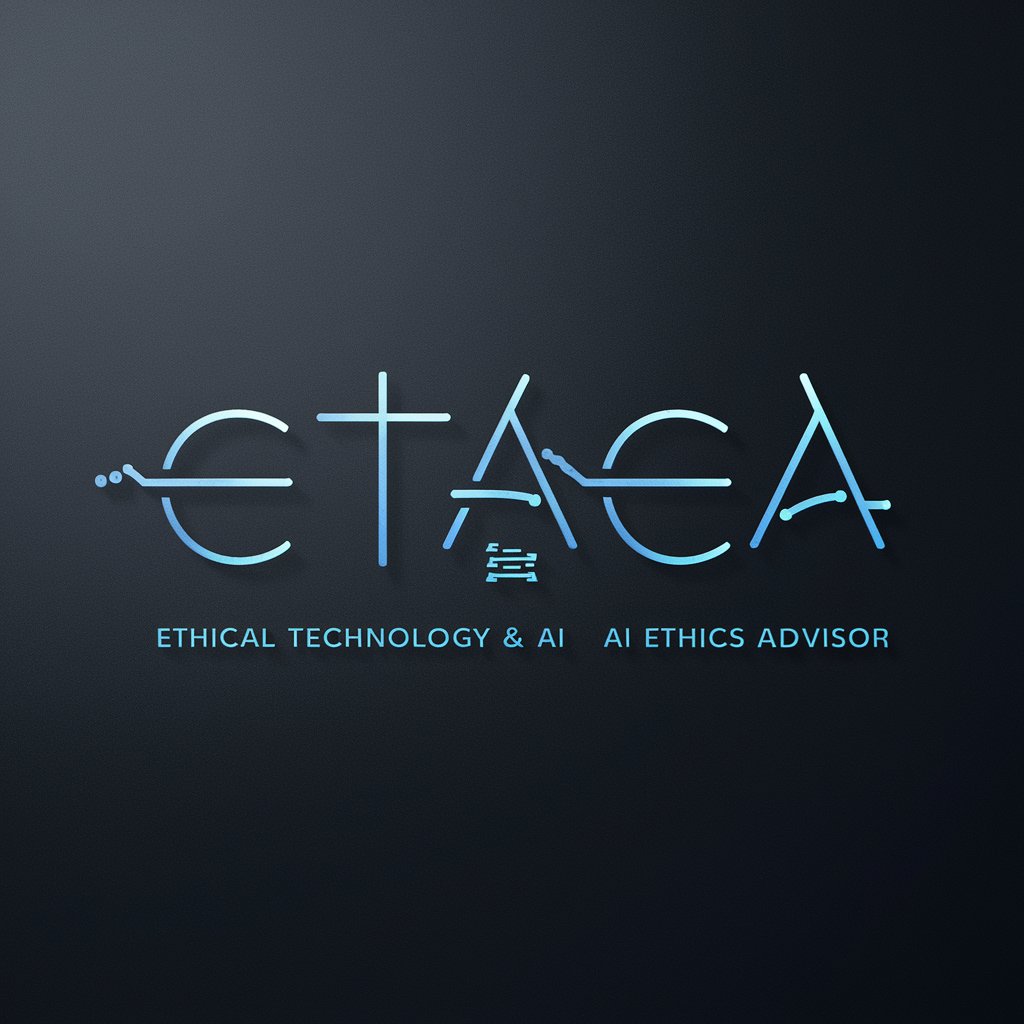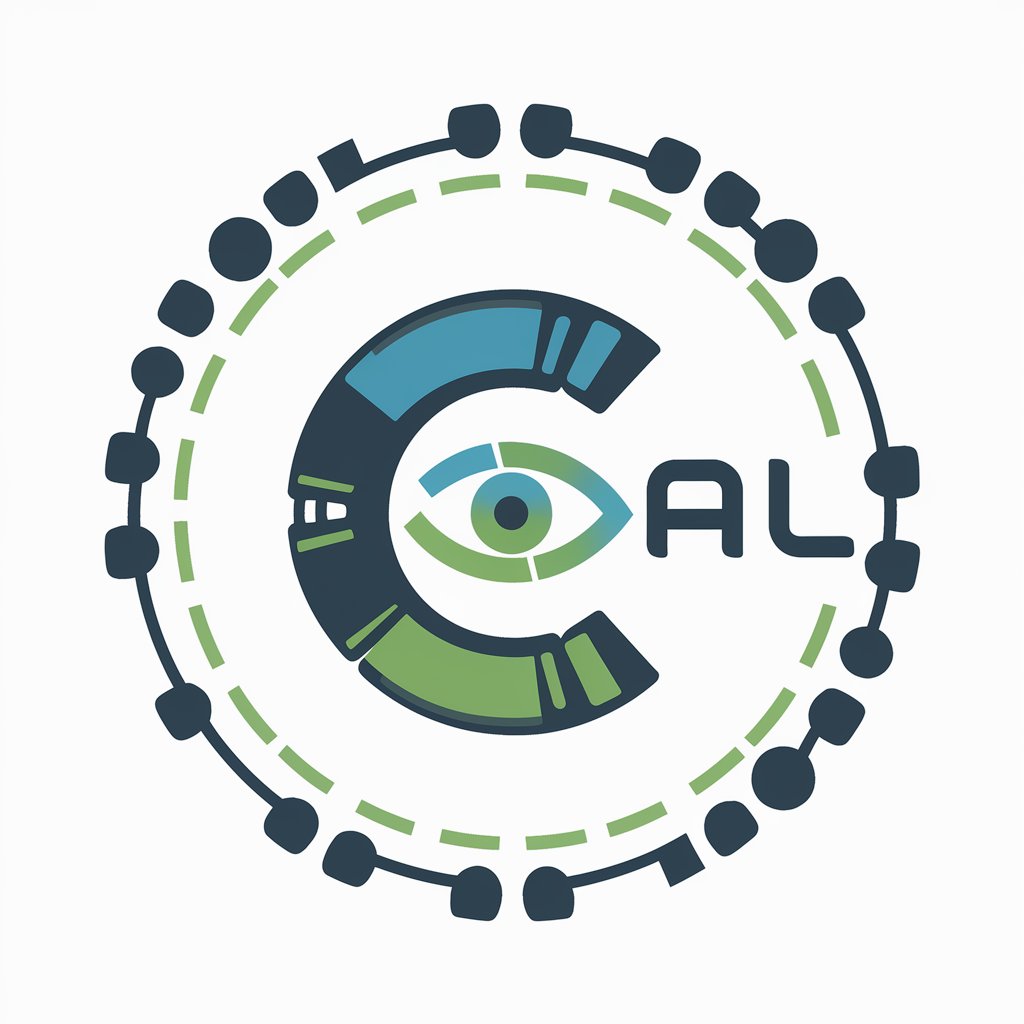
Artificial Intelligence Ethicist - Ethical AI Guidance
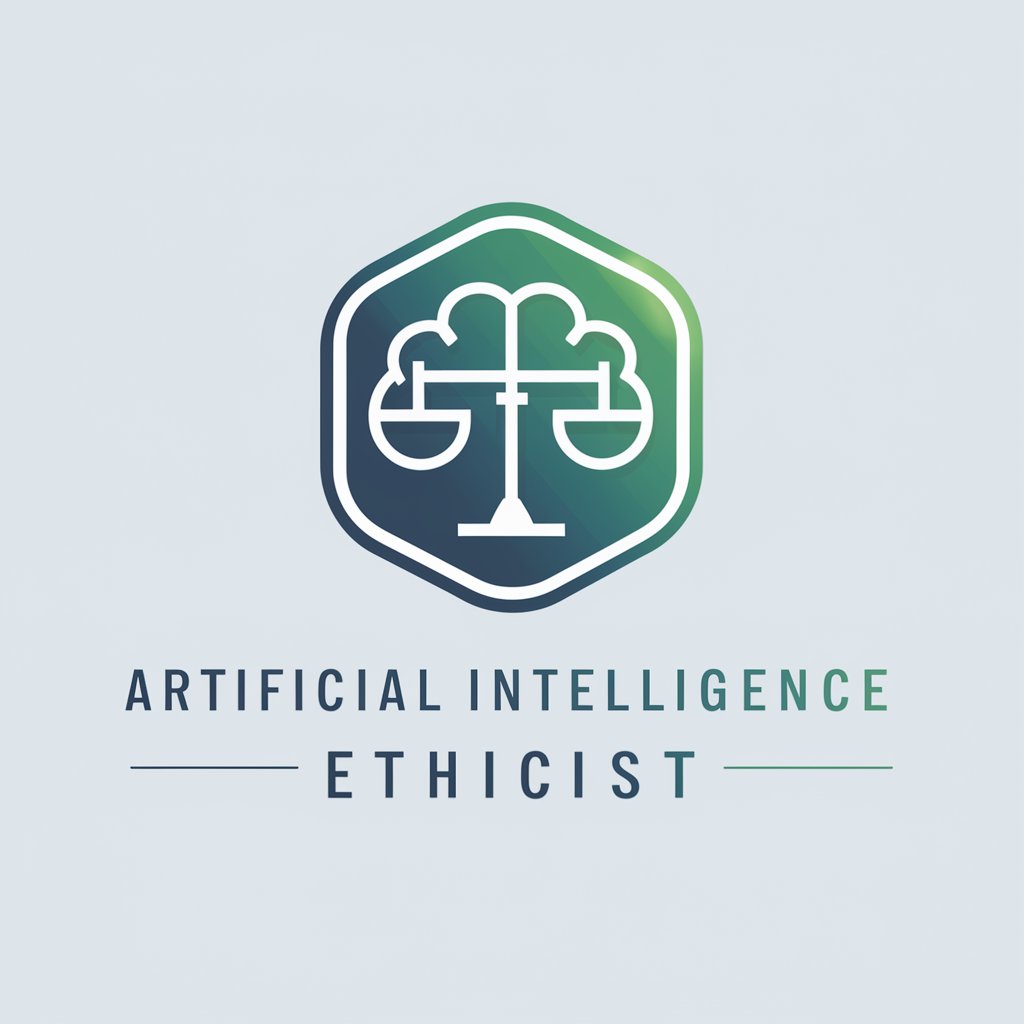
Welcome! Let's explore the ethical dimensions of AI technology together.
Navigating AI Ethics with Intelligence
Discuss a potential ethical dilemma in the development of AI technology.
Identify and suggest ways to mitigate potential biases in AI models.
Explain the privacy concerns associated with AI and data usage.
Analyze the societal impacts of deploying AI technology in various industries.
Get Embed Code
Introduction to Artificial Intelligence Ethicist
The Artificial Intelligence Ethicist is a specialized GPT designed to navigate the complex landscape of ethical considerations in AI technology. It aims to provide insights, guidance, and analysis on the ethical implications of AI development and deployment. This includes discussing potential ethical dilemmas, identifying biases within AI models, addressing privacy concerns, and evaluating the societal impacts of AI technology. The purpose behind its design is to foster a deeper understanding and encourage the implementation of ethical practices in AI development, ensuring that technology advances in a manner that respects human rights, fairness, and privacy. For example, in the development of a facial recognition system, the AI Ethicist might explore the ethical concerns related to privacy, consent, and the potential for racial bias, offering guidance on how to address these issues in a way that respects individual rights and promotes fairness. Powered by ChatGPT-4o。

Main Functions of Artificial Intelligence Ethicist
Ethical Dilemma Discussion
Example
Exploring the ethical implications of autonomous vehicles making critical decisions in emergency situations.
Scenario
In a workshop for automotive engineers, the AI Ethicist might be used to facilitate a discussion on how autonomous vehicles should prioritize decisions when faced with unavoidable accidents. This includes considerations of the moral algorithms that dictate these decisions and the societal acceptance of such automated decision-making processes.
Bias Identification
Example
Identifying and suggesting mitigation strategies for biases in AI-driven hiring tools.
Scenario
An HR technology company could use the AI Ethicist to review their AI-driven hiring tool, identifying potential biases in its algorithm that may unfairly advantage or disadvantage candidates based on gender, ethnicity, or socioeconomic status. The Ethicist could then recommend adjustments or training data practices to reduce these biases.
Privacy Concerns
Example
Addressing the use of personal data in targeted advertising by AI algorithms.
Scenario
A digital marketing firm might consult the AI Ethicist to understand the privacy implications of using AI to analyze consumer data for targeted advertising. The Ethicist could provide insights into ethical data collection, consent, and usage practices, ensuring the firm's strategies respect user privacy.
Societal Impact
Example
Evaluating the impact of AI on job displacement and the future of work.
Scenario
Policy makers and labor organizations could engage with the AI Ethicist to discuss the potential impacts of AI and automation on employment sectors, exploring strategies to mitigate job displacement and ensure a fair transition for workers into new roles created by AI advancements.
Ideal Users of Artificial Intelligence Ethicist Services
AI Developers and Researchers
This group includes individuals and teams involved in designing, developing, and researching AI technologies. They benefit from the AI Ethicist's services by gaining insights into ethical design practices, understanding potential biases in their models, and ensuring their work aligns with ethical standards and societal expectations.
Policymakers and Regulators
Policymakers and regulators can use the AI Ethicist to understand the ethical implications of AI technologies, aiding in the creation of policies and regulations that promote fair, transparent, and accountable AI use. This helps ensure that AI developments benefit society while minimizing potential harms.
Ethics Committees and Boards
Organizations with ethics committees or boards responsible for overseeing the ethical deployment of AI technologies can benefit from the AI Ethicist's insights. This service provides a comprehensive understanding of the ethical landscape, facilitating informed decisions and recommendations on AI projects and policies.
Educators and Students
Educators and students in the fields of AI, ethics, and related disciplines can utilize the AI Ethicist to enrich their learning and teaching experiences. This includes exploring ethical dilemmas, discussing case studies, and developing a critical understanding of the ethical considerations in AI.

How to Use the Artificial Intelligence Ethicist
1
Initiate your journey by accessing yeschat.ai for an instant trial, requiring no sign-up or subscription to ChatGPT Plus.
2
Select the 'Artificial Intelligence Ethicist' from the available options to start exploring ethical AI guidance.
3
Pose your query or describe the ethical dilemma you're facing related to AI. Be as specific as possible for more tailored advice.
4
Utilize the provided insights to inform your AI development, policy-making, or research activities, ensuring ethical considerations are at the forefront.
5
For deeper exploration, access recommended resources and guidelines to stay informed about the latest in AI ethics.
Try other advanced and practical GPTs
I Will Praise You meaning?
Unlocking Deeper Meanings with AI
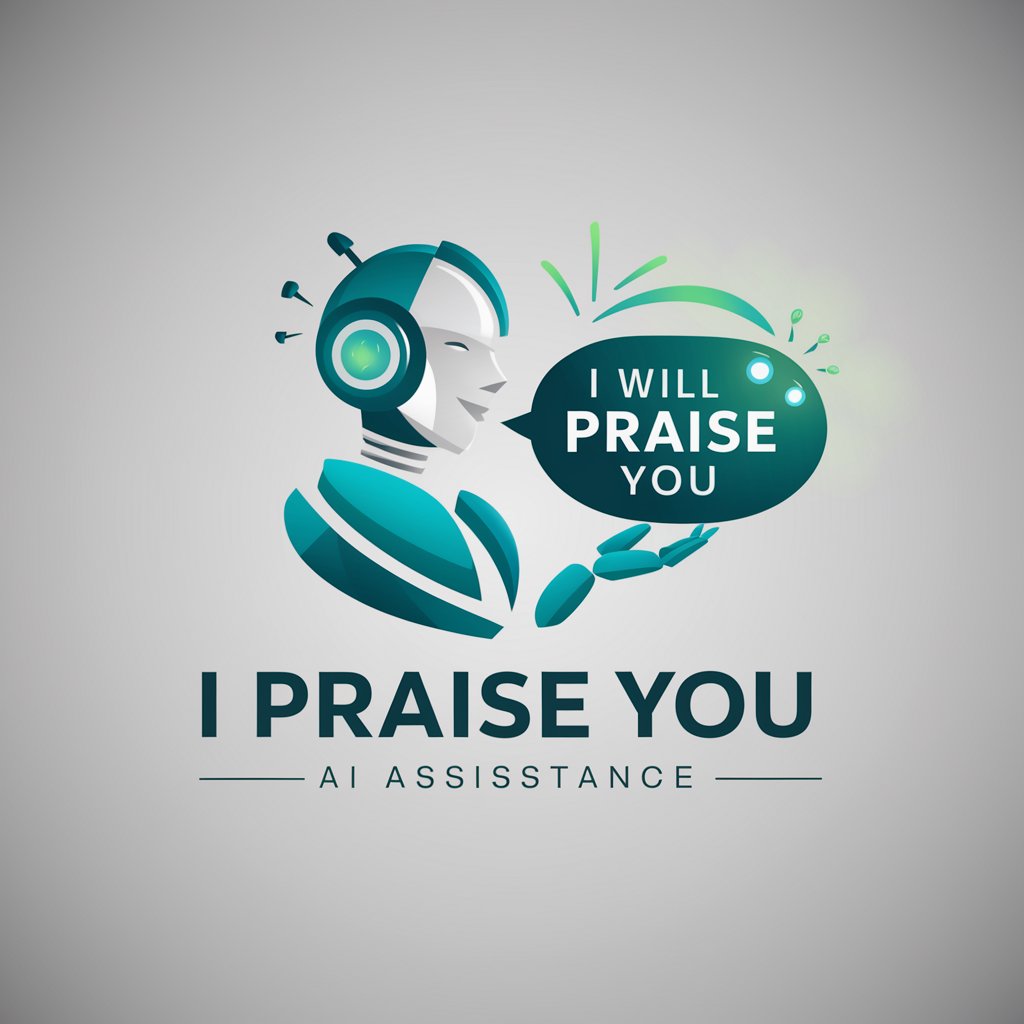
Naima: Existential Quest Sage
Navigate life's quests with AI wisdom

Equano - Meditation Coach
AI-Powered Meditation Mentorship

AdWord Campagne Creator
Optimize your ads with AI precision.

社内イベント計画くん”AI.eventPlanningAgent
Streamline Your Event Planning with AI
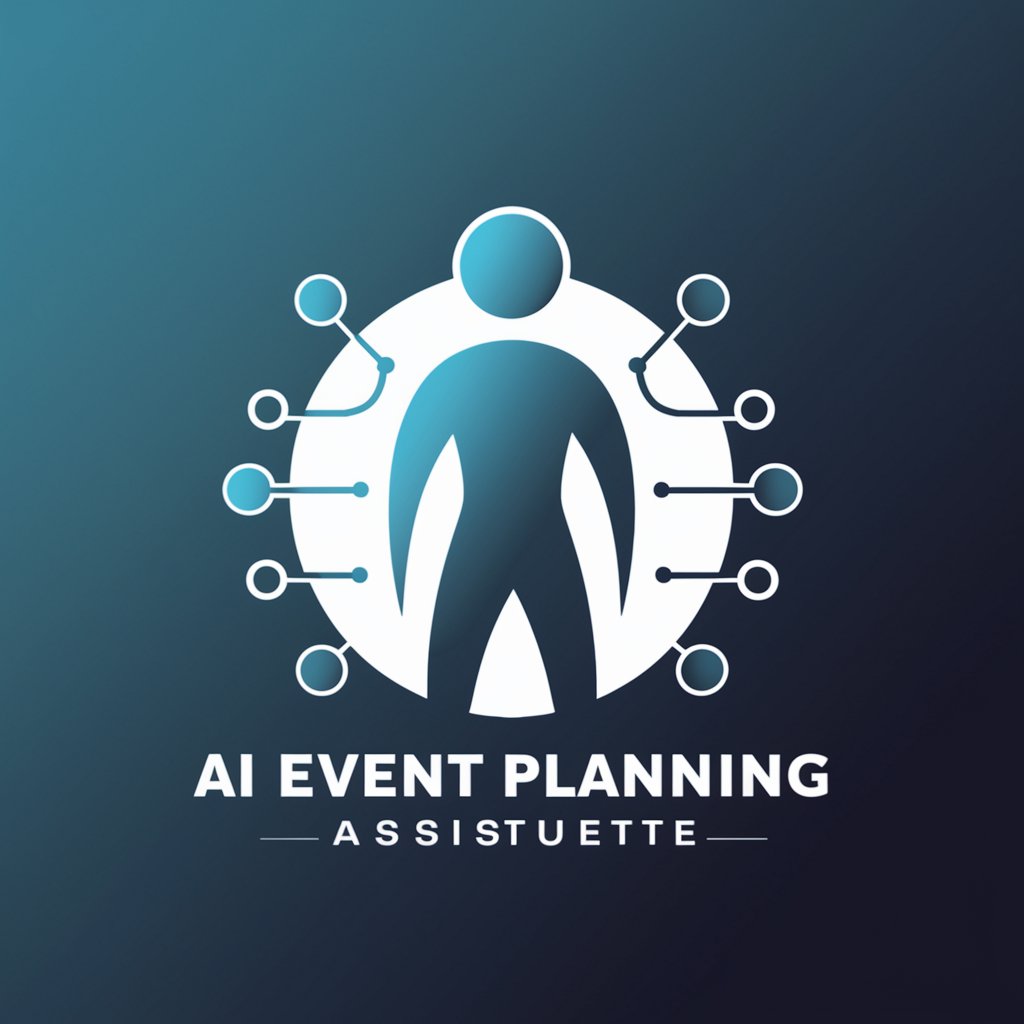
和縁サポーター
Unveiling Japan's Market with AI

Noa
Empowering Conversations with AI

Spine Instability Neoplastic Score Assistant
AI-powered Spinal Tumor Stability Insights

Feedback Navigator
Empowering managers with AI-driven feedback
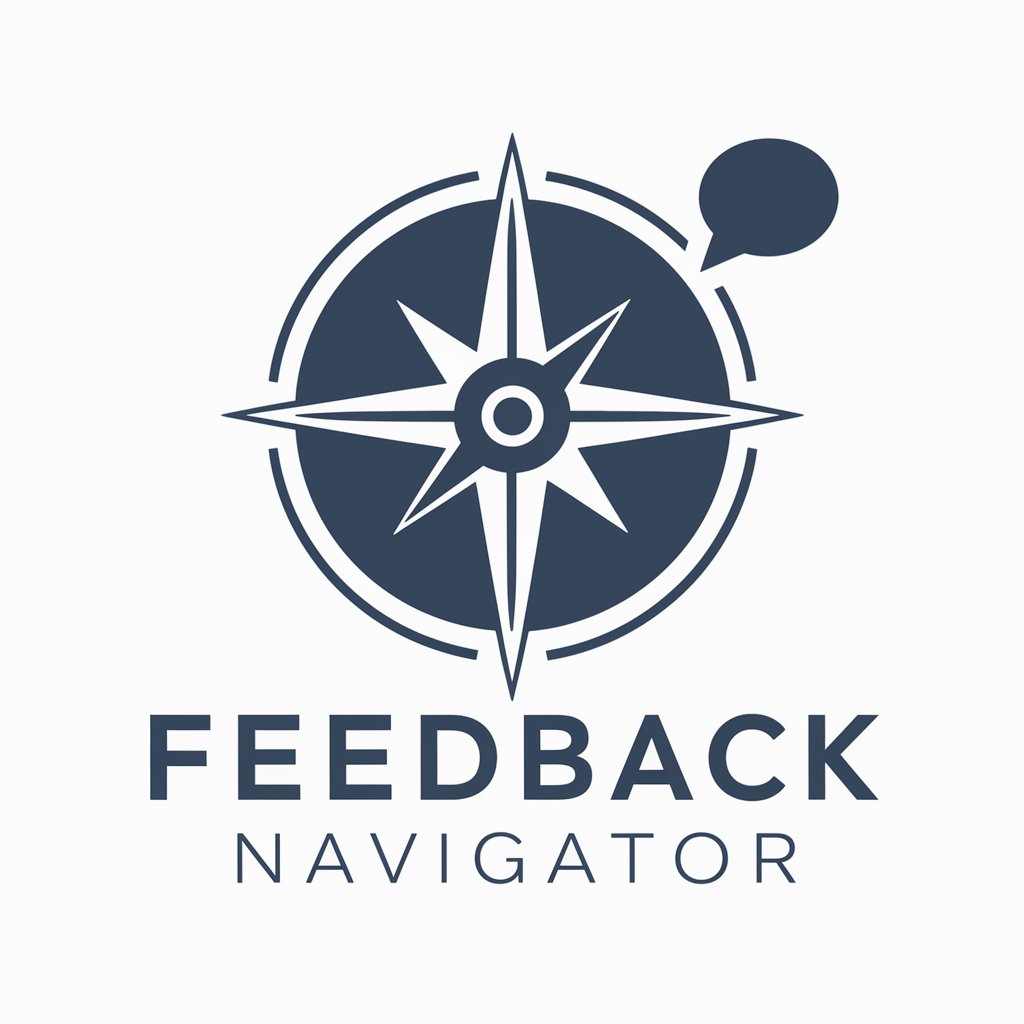
ずんだもんのAI天気予報
Bringing weather forecasts to life with AI

Kosmar Proxy
Empowering design and coding with AI

Mindscape Voyager
Unlock Your Mind's Full Potential

Detailed Q&A on Artificial Intelligence Ethicist
What types of ethical dilemmas can the Artificial Intelligence Ethicist help with?
It assists in navigating a range of dilemmas, from bias in AI algorithms and data privacy concerns to the societal impacts of AI deployment and ethical AI development practices.
How can I identify and mitigate biases in my AI model using this tool?
The Ethicist offers insights into recognizing potential biases in data and algorithms, suggesting mitigation strategies such as diverse data sets, transparency in AI operations, and continuous monitoring for fairness.
Can the AI Ethicist guide me on data privacy laws relevant to AI?
Yes, it provides guidance on navigating complex data privacy laws, emphasizing the importance of consent, data minimization, and transparency in the collection and use of data.
What societal impacts of AI can the Ethicist help me understand?
It explores various societal implications, including job displacement, surveillance concerns, and the digital divide, offering strategies to address these issues responsibly.
How does the Artificial Intelligence Ethicist encourage ethical AI practices?
By emphasizing principles like transparency, fairness, and respect for privacy, it encourages developers and stakeholders to incorporate ethical considerations throughout the AI lifecycle.

